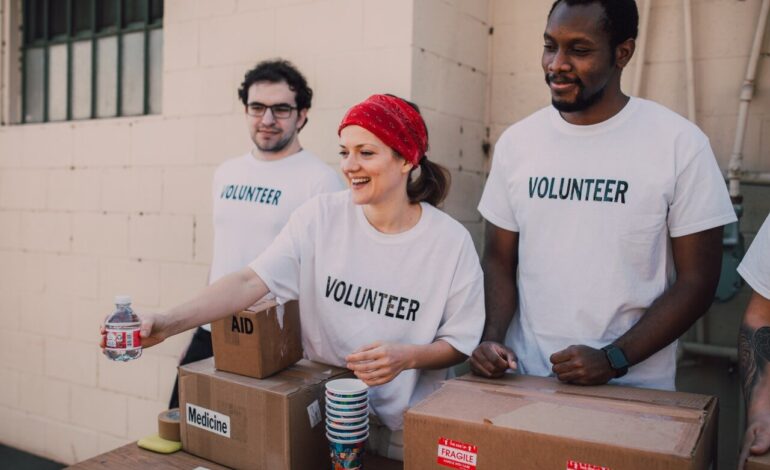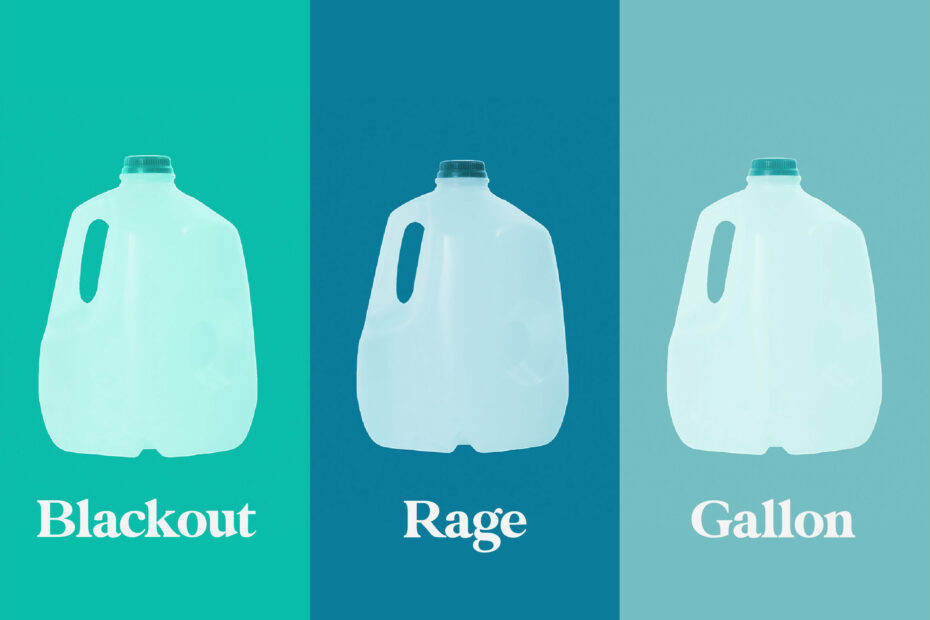Volunteering in addiction recovery is the opposite of an active drug and alcohol addiction. Volunteer work, whether it is time spent at homeless shelters, raising money for your favorite charity, or spending your free time tutoring underprivileged children, is a selfless act. Many believe that substance abuse is selfish, as many individuals engage in substance use disorders to receive instant gratification or hide from an underlying painful emotion or problem. Individuals who engage in drug and alcohol abuse tend to isolate themselves. They break away from their dearest friends and family, coworkers, and social groups, which can have detrimental effects on their mental health. Volunteering requires interacting with new people in new places for many hours at a time. It requires the individuals to jump back into their community and learn how to communicate and bond with other individuals from all walks of life. Individuals who are actively using drugs and alcohol often stray away from their truth and reality. Volunteer work requires these individuals to face difficult situations and challenging emotions, whether you are interacting with others who are incredibly sick or vulnerable.
What are the benefits of volunteering?
Volunteering helps you form connections:
Drug addiction can be very lonely as many people choose to isolate themselves from their loved ones. Addiction recovery emphasizes the importance of community, relationships, and connection, as substance abuse treatment can come with many challenges. Volunteering brings people together. Oftentimes, you are volunteering within a community of people, which means you are meeting new people, learning to adjust to people who are different from you, and hopefully forming long-lasting relationships with people you share commonalities with. Regardless if you are an introvert or an extrovert, forming connections with other human beings is incredibly important, especially during addiction recovery. It is essential to learn to trust others, to be able to communicate our feelings, and to form long-term bonds with individuals we care about. Volunteering is one way to help you learn how to trust again and to create connections with others.
Volunteering improves self-esteem:
Addiction recovery can be a long, hard journey. It may even tear you down to your core. You may question who you are, as you may be starting over in your life. When you spend your free time volunteering to help others in need, you regain a sense of purpose. You begin to feel good about yourself as you are doing something right and good. Although the act of volunteering is not the same fleeting moment of euphoria that instantly rises and falls with drug use, dedicating your time and energy to others can increase your dopamine levels over time, resulting in longer-term feelings of pleasure. This rise in dopamine often happens when you see the tangible result of your actions and the positive impact they have on the lives of others. These feelings can drastically help you restore the self-esteem that your addiction may have stolen from you.
Volunteering helps you manage time:
During recovery, it is important for you to stay busy and fill your time with positive, impactful tasks and activities, whether it is school, work, community support meetings, or volunteer work. While you were in the deepest throes of your addiction, you most likely spent all of your time using drugs or alcohol. Therefore, having too much free time on your hands during your recovery can potentially trigger thinking about using again. Instead of spending your free time consumed in your thoughts about the desire to use, volunteering can help you manage your free time by staying on a regular schedule.
Volunteering improves your mental health:
Restoring your mental health during your addiction recovery process is extremely important. Even if you do not suffer from a co-occurring mental health disorder, your addiction most likely took a significant toll on your mental health. Engaging in activities and connecting with healthy people are essential ways to restore your mental health during your addiction recovery journey. Individuals who volunteer regularly report an 8.5% improvement in overall mental wellbeing and a 4.3% reduction in anxiety.
Volunteering helps others in need:
Helping others is the essence of volunteering. The purpose of volunteering is not to make you look good or to show off to others, but instead, it is the desire to give back to others in the purest form.
Volunteering gives you a sense of purpose:
One of the advantages of voluntary work in recovery is that it can help you fill the hole that is left behind from drugs and alcohol. When you were in the deepest throes of your addiction, you most likely spent all your time using drugs and thinking about drugs. When you entered into recovery, this life was stripped from you, potentially leaving you without a sense of purpose. Helping others by volunteering your time and skills can make you feel needed and give you a sense of purpose that makes you want to stay sober and remain in recovery.
Volunteering can provide you with new skills and experiences:
Volunteering can help you practice the skills you already have while also helping you acquire new ones. Moving forward in your recovery means settling into a new lifestyle and adopting new habits. Giving the gift of your time and energy to a worthy cause in order to help others, can lead to new things for you, too. These might include:
Learning more about community resources
- Gaining accountability
- Networking with likeminded people
- Confidence when applying for jobs
- References for future work
The skills you learn while volunteering in recovery/sobriety can lead to good things in the future while improving your community and helping others in the present.
You might already know where you would like to focus your time and energy, or you may need to think about what kinds of opportunities interest you. Think about what inspires you and how you want to spend your time to help others. Reach out to organizations to ask if they need help or speak to friends or family members who are active in the volunteer community. The right volunteer opportunity is out there; you just need to find it.




